
Prof. Dr. Popescu Iulia
Prof. Dr. Popescu Iulia

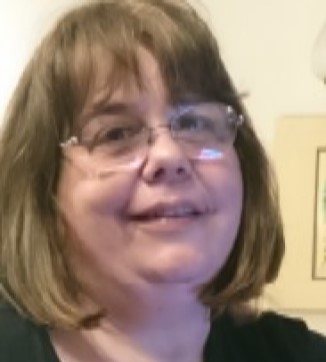
Prof. Univ. Dr. Iulia Popescu
Allergy and Critical Care Division, Department Medicine, University of Pittsburgh, Pittsburgh, PA
Infliximab therapies targeting TNF- may be beneficial of CD4+ T cell dysfunction in severe COVID-19
Author: Iulia Popescu
Division of Pulmonary, Allergy, and Critical Care Medicine, Department of Medicine, University of Pittsburgh School of Medicine; Pittsburgh, PA, 15213, USA
Rationale: Lymphopenia is common in severe COVID-19 disease, yet the immune mechanisms are poorly understood. As inflammatory cytokines are increased in severe SARS-CoV-2 infection, we hypothesized a role in contributing to reduced T-cell numbers. Objectives: We sought to characterize the functional SARS-CoV-2 T-cell responses in severe versus recovered, mild COVID-19 patients to determine whether differences were detectable. Methods: Using flow cytometry and single cell RNA sequence analyses we assessed SARS-CoV-2-specific responses in our cohort. Measurements/Main Results: Here we show it is associated with worse survival and is CD4+ T-cell predominant. We further demonstrate that Spike-1(S1) induces high levels of in vitro TNF- in CD4+ T-cells from severe COVID-19 patients but demonstrate impaired T-cell proliferation and increased susceptibility to activation-induced cell death (AICD). In 148 patients with severe COVID-19, we found lymphopenia was associated with worse survival. CD4+ lymphopenia predominated, with lower CD4+/CD8+ ratios in severe COVID-19 compared to patients with mild disease (p<0.0001). In severe disease, immunodominant CD4+ T-cell responses to Spike-1(S1) produced increased in vitro TNF-, but demonstrated impaired S1-specific proliferation and increased susceptibility to activation-induced cell-death (AICD) following antigen exposure. CD4+TNF-+ T-cell responses inversely correlated with absolute CD4+ counts from severe COVID-19 patients (n=76; R=-0.797, P<0.0001). In vitro TNF- blockade including infliximab or anti-TNFRI antibodies strikingly rescued S1-specific CD4+ T-cell proliferation and abrogated S1-specific AICD in PBMC from severe COVID-19 patients (P<0.001). Single-cell RNAseq demonstrated downregulation of Type-1 cytokines and NFB signaling in S1-stimulated CD4+ cells with infliximab treatment. We also evaluated bronchoalveolar lavage (BAL) and lung explant CD4+ T-cells recovered from severe COVID-19 patients and observed that lung T-cells produced higher TNF- compared to PBMC.
Conclusions: Together, our findings show CD4+ dysfunction in severe COVID-19 is TNF-/TNFRI-dependent through immune mechanisms that may contribute to lymphopenia. TNF- blockade may be beneficial in severe COVID-19.
Short CV
I am a Associate Professor in the Division of Pulmonary, Allergy, and Critical Care Medicine at the University of Pittsburgh in Dr. John McDyer’s laboratory. I have significant experience in transplant and viral immunology. My work has focused on T cell mechanisms of rejection, tolerance, and host immunity to viruses such as CMV, EBV and HIV, including the measurement of lung mucosal responses. I have focused on CMV-specific T cell immunity in lung transplant recipients in a leading clinical transplant program. I am CO-I on a U01 award (AI125050-Dr. McDyer) to perform a novel clinical trial to perform tandem lung and bone marrow transplantation in select individuals with primary immunodeficiencies and end-stage lung disease, and to perform mechanistic pathogen-specific and alloimmune tolerance studies in these study participants. In U01AI125050 I measure systemic and lung pathogen-specific immune responses. As immunologist my focuses are on mechanisms of CMV-specific lung mucosal/systemic immunity and viral control, demonstrating an important role for the Type-1 transcription factor T-bet and other immune parameters. I also study immune mechanisms of allograft rejection/tolerance in lung transplantation with an established divisional research group performing studies in the human studies. I also perform work on Dr. McDyer and Dr. Kirks’ collaborative U01 award (HL121814) to study immune mechanisms of HIV-associated COPD. I am the Co-I on an R01 award HL133184-01 (Dr. McDyer), “Role of F-box Proteins in Lung Transplantation.” In addition, common to these experimental systems above, Dr. McDyer’s laboratory is highly proficient in measuring lung mucosal and systemic viral-specific and allospecific multifunctional T cell immunity and phenotyping in lung transplant recipients. I have a good track record of training medical students and fellows and junior faculty in Dr. McDyer’s lab. the field of lung transplant immunology. Pertinent to this proposal I also have significant experience assessing human alloimmunity, using flow cytometry, in addition to viral immunity, and evaluate the phenotype of T cells, proliferation and effector multifunction. In addition, I am very experienced in ELISA and ELISPOT assays to measure inflammatory responses. Recently, we showed that IPF lung transplant recipients with short telomeres have impaired CMV T cell immunity. Here at Pitt, Dr. Alder, Dr. Snyder, Dr. Chen, Dr. Iasella and Dr. Popescu have a track record of working closely together. Therefore, based on my established and current role in Dr. McDyer’s laboratory and my expertise in transplant immunology in the field of lung transplantation makes me well-suited to fulfill my role as Co-I on this project R01 project, “The Role of Telomeres in Lung Transplant Recipient Immunity and Outcomes”.
Positions and Employment
2020-pres. Research Associate Professor, Pulmonary, Allergy and Critical Care Division, Department Medicine, University of Pittsburgh, Pittsburgh, PA
2014-2020 Research Assistant Professor, Pulmonary, Allergy and Critical Care Division, Department Medicine, University of Pittsburgh, Pittsburgh, PA
2019-pres. Member – International Society of Heart and Lung Transplantation
2012-2014 Research Associate/Manager Flow Cytometry Core, Pulmonary, Allergy and Critical Care Division, Department Medicine, University of Pittsburgh, Pittsburgh, PA
2010-2011 Senior Scientist/Technical Application Specialist, Cellular Technology Limited, Shaker Heights, OH
2006-2010 Faculty Research Instructor, Dept of Surgery Thomas E. Starzl Transplantation Institute, University of Pittsburgh, Pittsburgh, PA
2006-pres. Member – American Society of Transplantation (AST)
2007-pres. Member – American Immunology Association (AIA)
2001-2006 Postdoctoral Research Associate, Dept of Surgery Thomas E. Starzl Transplantation Institute, University of Pittsburgh, Pittsburgh, PA
2000-2001 Research Scientist, Dept. of Cellular Immunology and Signal Transduction, Center of Immunology, Institute of Virology Bucharest, Romania
1997- 2000 Junior Research Scientist, Department Clinical Immunology, Center for Immunology, Bucharest, Romania
1998-pres. Member – European Association for Cancer Research (EACR)
1997 3 months Visiting Research PhD, Doctoral Scientist, Cancer Institute, University of Pittsburgh, Pittsburgh, PA.
1994-1997 Research Associate – Dept. of Cellular Immunology and Signal Transduction, Center of Immunology, Institute of Virology, Bucharest, Romania
1991-1994 Resident Scientist- Department Clinical Immunology, Center for Immunology, Bucharest, Romania
1986-1991 Research Assistant, Department of Interferon Research / Immune-modulators, V. Babes Institute, Bucharest, Romania
1990-pres. Member – Federation of European Biochemical Societies (FEBS)
1986-pres. Member – Romanian Society of Immunology (SNI)
Memberships
Member – American Society of Transplantation (AST) 2006-present
Member – American Immunology Association (AIA) 2007-present
Member – European Association for Cancer Research (EACR) 1998-present
Member – Federation of European Biochemical Societies (FEBS) 1990-present
Member – Romanian Society of Immunology (SNI) 1986-present
Member – International Society of Heart and Lung Transplantation 2019-present
Contactează operatorul PDI 2022
Operatorul PDI 2022
![]()
Adresa: Str. A. Panu nr. 13, Iasi
Tel.: 0332.40.88.00-05
E-mail: contact@pdi.ro
Website: www.eventernet.ro
Parteneri Media
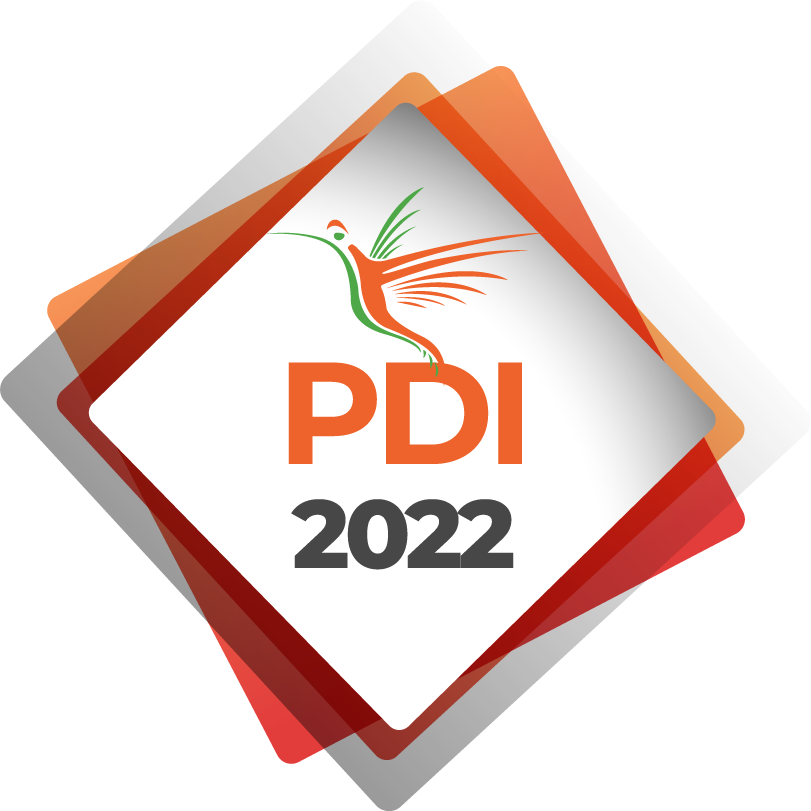
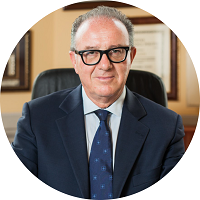
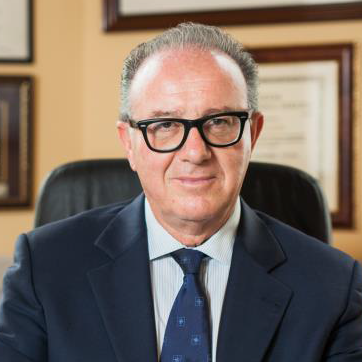
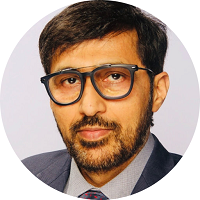
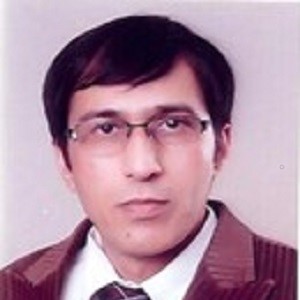
Recent Comments